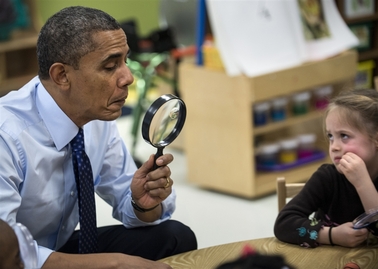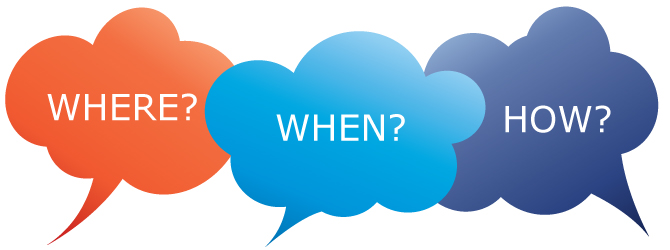The deceptively simple homepage leads to a dizzying array of professional tools and resources for educators: After opening about 17 new tabs to buzz through later, including several on "blended learning" which I hope to decipher and eventually use as part of my math centres approach this year, I eventually settled on a focus on Assessment, Evaluation and Reporting.
Between reading a document about communicating effectively with families, participating in an e-module on the achievement chart and viewing a video series on setting learning goals and co-constructing criteria with students, I am in receipt of the following understandings:

- opportunities for demonstration of achievement in all categories of the chart are to be provided, and knowledge and understanding, thinking, communication and application are to be balanced in a "balanced" way, but this does not necessarily mean that each category of the achievement chart is "worth 25%" (clear as mud, I'd say)
- the style and examples of report card comments one is instructed to provide by ones principal and the style and examples provided in ministry support documents may well reside in two different universes
- Effective teachers allegedly begin each lesson by sharing and discussing the learning goals for the lesson with their students, and providing time to reflect on said goals throughout or at the end of the lesson
I will share this useful resource; a list providing relevant verbs to help with task creation and reporting comments within the different categories of the achievement chart.
With regards to learning goals and success criteria (the latter of which I have used with considerable regularity for the past several years), I am left with some questions. Despite such attractive quotes as the ones from Arter and Spandel's 1992 research: "to the extent that criteria are shared, students [receive the] power to recognize strong performance, power to identify problems in weak performance, and power to use criteria to change and improve performance" or the more recent words of Nicol and MacFarlane-Dick (2006): "Students can only achieve learning goals if they understand those goals, assume some ownership of them, and can assess progress", I have to ask,
WHEN, pray tell, shall I squeeze in said class discussion of learning goals in a 40-minute period which is already too short to properly teach a rich, three-part math lesson or prepare for and facilitate a hands-on science experiment, and HOW do I entice my pre-pubescent students to listen and pay attention to said learning goals and reflect on same?

Once again I am left wishing for a more authentic emphasis on deprivatization of practice: If such brilliant teaching is indeed happening in many of our schools, where can I see it? How can I get the release time to go visit an effectively-teaching colleague so that I can learn her craft? Whom can I ask such questions without coming across as a keener, someone who cares too much, not part of the "cool" teacher crowd?!
In any case, before I completely drown in my own pessimism, I'm going back to the Edugains site, to watch a few videos on Questioning. ;-P



 RSS Feed
RSS Feed